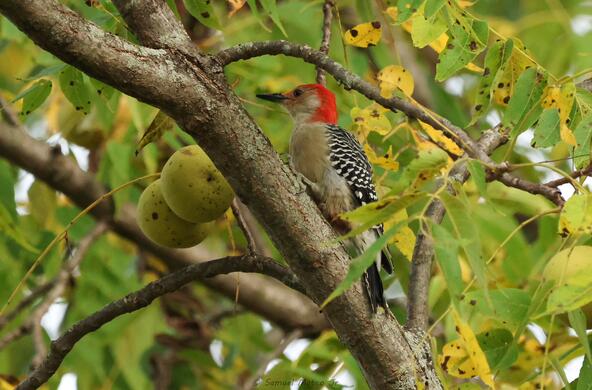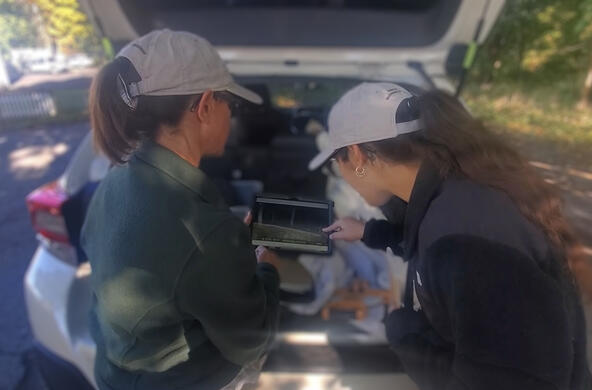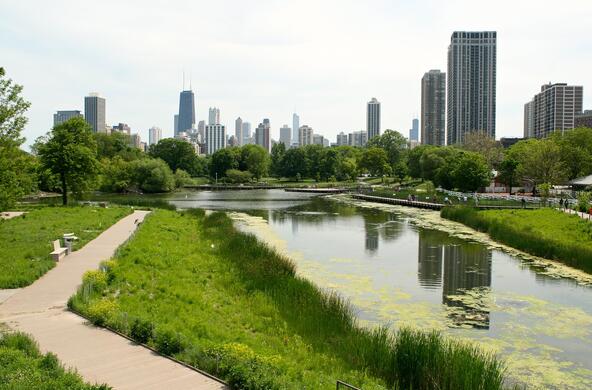Keynote speech for the Urban Ecology Research Consortium 21st annual meeting by Dr. Steward Pickett of Cary Institute of Ecosystem Studies.
Urban ecology in North America is of relatively recent vintage, with deeper roots in Europe and Asia. Sometimes people trace urban ecology in the US to the Chicago School in the 1920s at the University of Chicago. In reality, that intellectual tradition was sociological in nature, although many of its principles were analogies borrowed from the biophysical ecology of the period. Two things are worth remembering about that borrowing.
First, it was based only on reading the works of bioecologists and not on dialog, even though some professors at the University of Chicago were among the first generation of ecologists in the US.
Second, the lack of dialog led the Chicago sociologists to neglect controversies that existed in ecology at the time.
Those controversies have been settled in favor of a paradigm of ecology that opposes basic assumptions of the Chicago School and which now serve as the general paradigm upon which contemporary ecology – and by extension – urban ecology are founded.
The new paradigm and its various urban applications are labeled the Baltimore School, not because it only “lives” in Baltimore, but because it is an antidote to the misapprehension of the legacies of the Chicago School in ecology in general. Tenets of contemporary urban ecology are reviewed, and their relevance to changing global realities of urban transformation are presented.
This summary frames and encourages diverse, ongoing empirical and transdisciplinary work across many forms and trajectories of urban change and application to human wellbeing and environmental justice.






